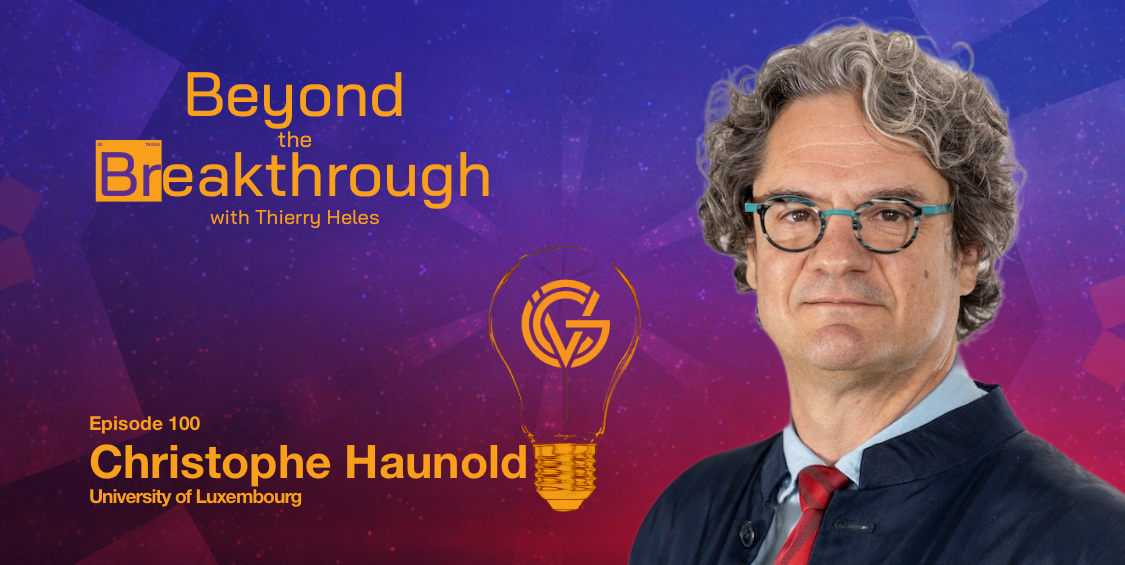
A global platform for tracking tech transfer data — is creating something like this even possible? That is what Christophe Haunold, head of the University of Luxembourg’s Office for Partnership, Knowledge and Technology Transfer (PaKTT), wants to get off the ground. If anyone can create this it would be Haunold, a seasoned builder who founded the tech transfer office at the Institut National Polytechnique de Toulouse, as well as Toulouse Tech Transfer (one of 13 regional tech transfer companies in France) and then the tech transfer office at the University of Luxembourg.
He’s currently also the president of ASTP, the European association of tech transfer professionals, a job he took on because of his passion for connecting people and generating new ideas collaboratively.
Haunold has learned much in his career, which goes back to 1992, and if he could have one wish for tech transfer, it would be to take the financial motivation out of the equation when thinking about spinouts, allowing people to focus on the impact instead. Haunold explains why.
Further listening
Haunold references the work of Alison Campbell to harmonise knowledge transfer metrics in Europe, a project she undertook on behalf of the European Commission. You can find out more about this project in our conversation with Campbell.
Subscribe

Thierry Heles
Thierry Heles is editor-at-large of Global University Venturing and Global Corporate Venturing, and host of the Beyond the Breakthrough podcast.















